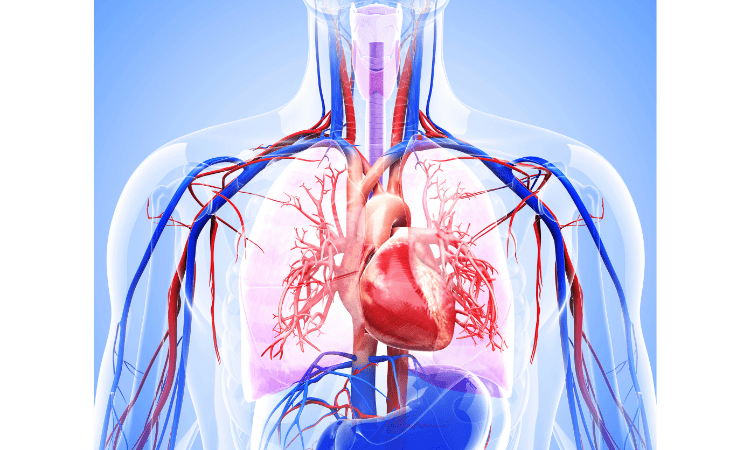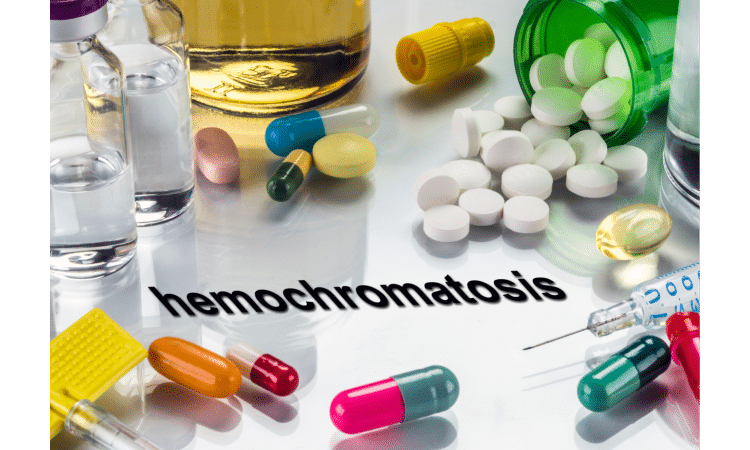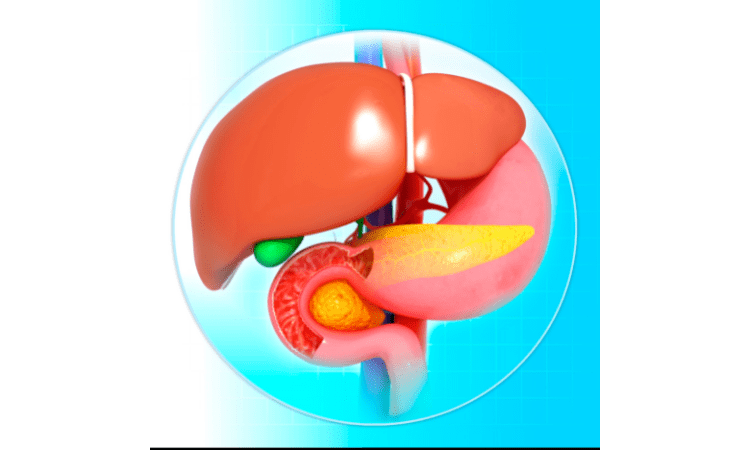
Blood donation is the process through which blood is taken from one individual, processed and then given to someone else. Blood donation can be done by an individual or a group of people. The most common type of blood collection is venipuncture, which involves using a needle inserted in a vein of the arm or hand. However, other means include collecting blood samples from finger pricks or collecting whole blood in special bags (called “collection bags”). The use of needles for taking blood samples may cause pain and discomfort at times; however, this can be avoided by using sterile equipment and techniques designed specifically for donating blood.
What is blood donating?

Blood donation is the process of donating to a blood bank. It can be done by anyone who has reached 17 years of age and weighs more than 110 pounds. You are allowed to donate blood after every 56 days (about 8 weeks), but in case you want to donate more often than that, it is advised that you consult your doctor first.
Blood banks usually run out of blood during emergencies like natural disasters or terrorist attacks, so donating regularly will help the cause immensely. Don’t let your busy schedule keep you from giving back—you can make an appointment for yourself at any blood bank near your home or workplace.
Why blood donation is important?
There are many reasons why donating blood is important. Blood donation can save lives. It can help people who have lost blood, such as in an accident or during surgery, and also helps to diagnose diseases and treat them if needed. It also helps to test for compatibility of donor and recipient so that a person can receive the correct type of blood when they need it most.
Blood donation saves lives by providing patients with transfusions of life-saving whole blood or specific components including red cells, platelets (a clotting agent), plasma (the liquid part), and cryoprecipitate (a concentrated source of fibrinogen; a protein involved in blood clotting).
Health benefits of giving blood
Lower risk of cardiovascular health

Giving blood is a great way to reduce the risk of cardiovascular diseases. It increases your body’s production of red blood cells, which transport oxygen from your lungs to your organs, muscles and tissues. This reduces the chances that you’ll suffer from anemia, which can be caused by a number of factors including smoking, excessive alcohol consumption and poor diet.
giving blood also helps keep your heart healthy by reducing the risk of developing coronary artery disease (CAD). This condition occurs when plaque builds up in the arteries supplying it to the heart muscle itself—a process known as atherosclerosis—and if left untreated it can cause angina or even a heart attack. A recent study has shown that blood donors usually have a lower risk of heart attack.
By increasing HDL levels (good cholesterol) while decreasing LDL levels (bad cholesterol), donating plasma regularly can help lower LDL levels even further than they would be natural without any medical intervention at all.
Reduce the risk of cancer

It is a fact that donating reduces the risk of cancer. This means that when you donate blood, it can reduce your chances of developing cancer in the future.
It has been shown that giving blood helps to reduce the risk of breast cancer and prostate cancer as well as leukemia. It is also known to be beneficial for patients undergoing chemotherapy because it significantly reduces their fatigue levels and improves their quality of life.
Weight loss

Donating blood is an excellent way to lose weight. This is because donating it reduces the amount of iron in your body, which may help you maintain a healthy weight and avoid anemia.
Iron is a mineral that helps keep your immune system healthy, but it’s also stored in your body as heme. Heme is produced by red blood cells, which carry oxygen from the lungs throughout the body. When you donate, these red blood cells are removed from your body through phlebotomy (the process of drawing blood for analysis or donation). This can lead to less stored heme in your bloodstream and lower levels of iron overall—which may result in weight loss over time.
Prevents hemochromatosis

Prevents hemochromatosis. Hemochromatosis is a genetic disorder in which the body absorbs too much iron. It’s commonly referred to as “iron overload disease” because of this extra iron accumulation and can lead to serious health problems if left untreated—including liver failure, diabetes, cancer, and heart disease. Donation reduces a person’s risk of developing hemochromatosis by removing excess blood that would otherwise be stored for later use by the body.
Boost liver health

Donating blood can help to boost liver health. The liver is the largest organ in the body, and it does a lot of work for us. It helps with digestion, keeps toxins out of our bodies, and produces bile that breaks down fat so we can absorb nutrients from food. The liver also breaks down proteins into smaller molecules so they can be used by other parts of our bodies; makes red blood cells, and helps keep our immune system functioning well through its production of antibodies called immunoglobulins (which fight disease).
Produce new blood cells

Giving blood can benefit you to produce new blood cells. This is because your body needs to make all of the different types of cells that are found in blood, including red cells, white cells, and platelets. Some people who give blood may find that they have less pain or swelling in their joints after donating.
Blood donation can also help to replace red blood cells and platelets. Red blood cells carry oxygen around the body so are important for maintaining energy levels and for healthy muscles. Platelets help with forming clots at injury sites – this stops bleeding when you cut yourself or get a wound during surgery.
Slow Down the Aging Process

The donation is not only a good deed, but it can also help you slow down the aging process. The body needs regular blood transfusions to keep its cells young and healthy. When you donate, you’re giving your body a break from fighting off all those pesky invaders that try to take over your tissues and organs (namely bacteria and viruses). The donation helps you stay young longer by preventing aging diseases like cancer which are caused by faulty cell growth.
Burn Calories

If you’ve ever wondered how many calories you burn after giving blood, the answer is about 300. This is one of the best ways to lose weight and stay healthy. You can also donate plasma in addition to whole blood, which is another way to help people by keeping your body healthy.
Live a healthier and happier life

Giving blood is a simple, easy, and safe way to give back to your community. It also has some very real health benefits for you. You’ll feel better and happier when you’re giving blood. You’ll sleep better at night, have more energy during the day, feel less stressed and be happier overall. Your immune system will be stronger than ever before, your blood pressure will be lower and your body will thank you by feeling better overall.
What to eat healthy food for giving blood?
- Eat a healthy diet
- Eat a balanced diet
- Eat a diet rich in fruits and vegetables
- Eat a diet rich in whole grains
- Eat a diet rich in lean protein
- Eat a diet rich in healthy fats
Drinking plenty of water is also important, so be sure to drink at least 8 glasses of water per day before your appointment.
Side effects of donating blood
- Vomiting
- Headache
- Lightheadedness
- Weakness
- Fatigue
- Nausea
- Dizziness
Conclusion
If you are planning to donate blood and want to know how it affects your health, then this article is for you. We have listed all the health benefits of donating blood. So, if you are interested to donate blood, don’t hesitate. Just go ahead and do it because it will not only help someone else but also yourself too.











